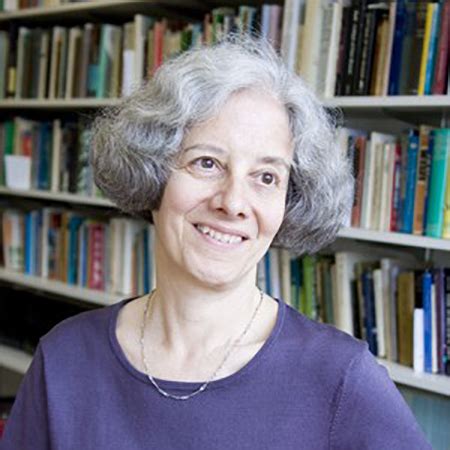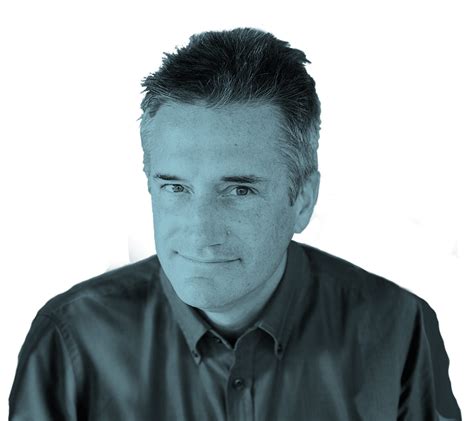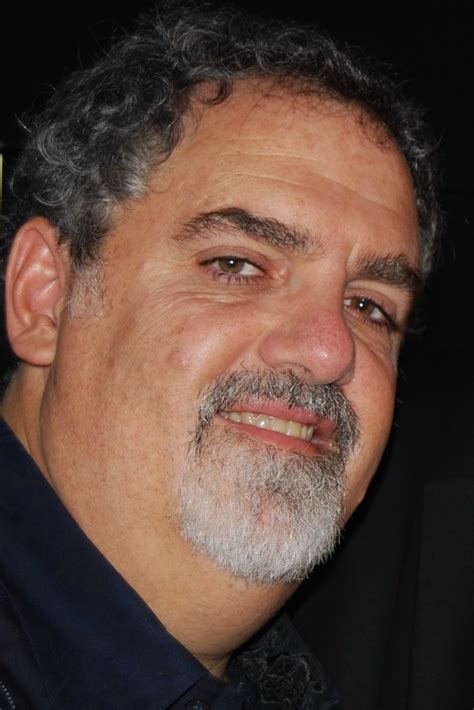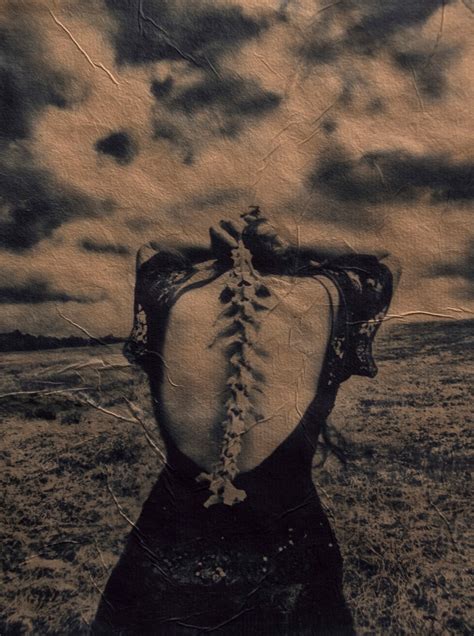A Quote by Augustus William Hare
In science its main worth is temporary, as a stepping-stone to something beyond. Even [Newton's] Principia ... is truly but the beginning of a natural philosophy. Co-author with his brother Julius Hare.
Related Quotes
I esteem his understanding and subtlety highly, but I consider that they have been put to ill use in the greater part of his work, where the author studies things of little use or when he builds on the improbable principle of attraction. Writing about Newton's Principia. Huygens had some time earlier indicated he did not believe the theory of universal gravitation, saying it 'appears to me absurd.'
So long as knowledge goes beyond mere true belief, foreknowledge is implausible, since having and relying on relevant true beliefs is sufficient for inquiry. A stepping-stone version of prior true belief seems reasonable, though perhaps we should accept only an even weaker view: a stepping-stone version of roughly-accurate beliefs.
. . . Newton was an unquestioning believer in an all-wise creator of the universe, and in his own inability - like the boy on the seashore - to fathom the entire ocean in all its depths. He therefore believed that there were not only many things in heaven beyond his philosophy, but plenty on earth as well, and he made it his business to understand for himself what the majority of intelligent men of his time accepted without dispute (to them it was as natural as common sense) - the traditional account of the creation.
It is always advisable to obtain a mantra from a self-realized master. Until then we may use one of the mantras of our beloved deity like 'Om Namah Shivaya', 'Om Namo Bhagavate Vasudevaya', 'Om Namo Narayanaya', 'Hare Rama Hare Rama, Rama Rama Hare Hare, Hare Krishna Hare Krishna, Krishna Krishna Hare Hare', 'Om Shivashaktyaikya Rupinyai Namaha' or even the names of Christ, Allah or Buddha.
All Science is necessarily prophetic, so truly so, that the power of prophecy is the test, the infallible criterion, by which any presumed Science is ascertained to be actually & verily science. The Ptolemaic Astronomy was barely able to prognosticate a lunar eclipse; with Kepler and Newton came Science and Prophecy.
It has been the error of the schools to teach astronomy, and all the other sciences, and subjects of natural philosophy, as accomplishments only; whereas they should be taught theologically, or with reference to the Being who is the author of them: for all the principles of science are of divine origin. Man cannot make, or invent, or contrive principles: he can only discover them; and he ought to look through the discovery to the Author.
One can truly say that the irresistible progress of natural science since the time of Galileo has made its first halt before the study of the higher parts of the brain, the organ of the most complicated relations of the animal to the external world. And it seems, and not without reason, that now is the really critical moment for natural science; for the brain, in its highest complexity-the human brain-which created and creates natural science, itself becomes the object of this science.


































